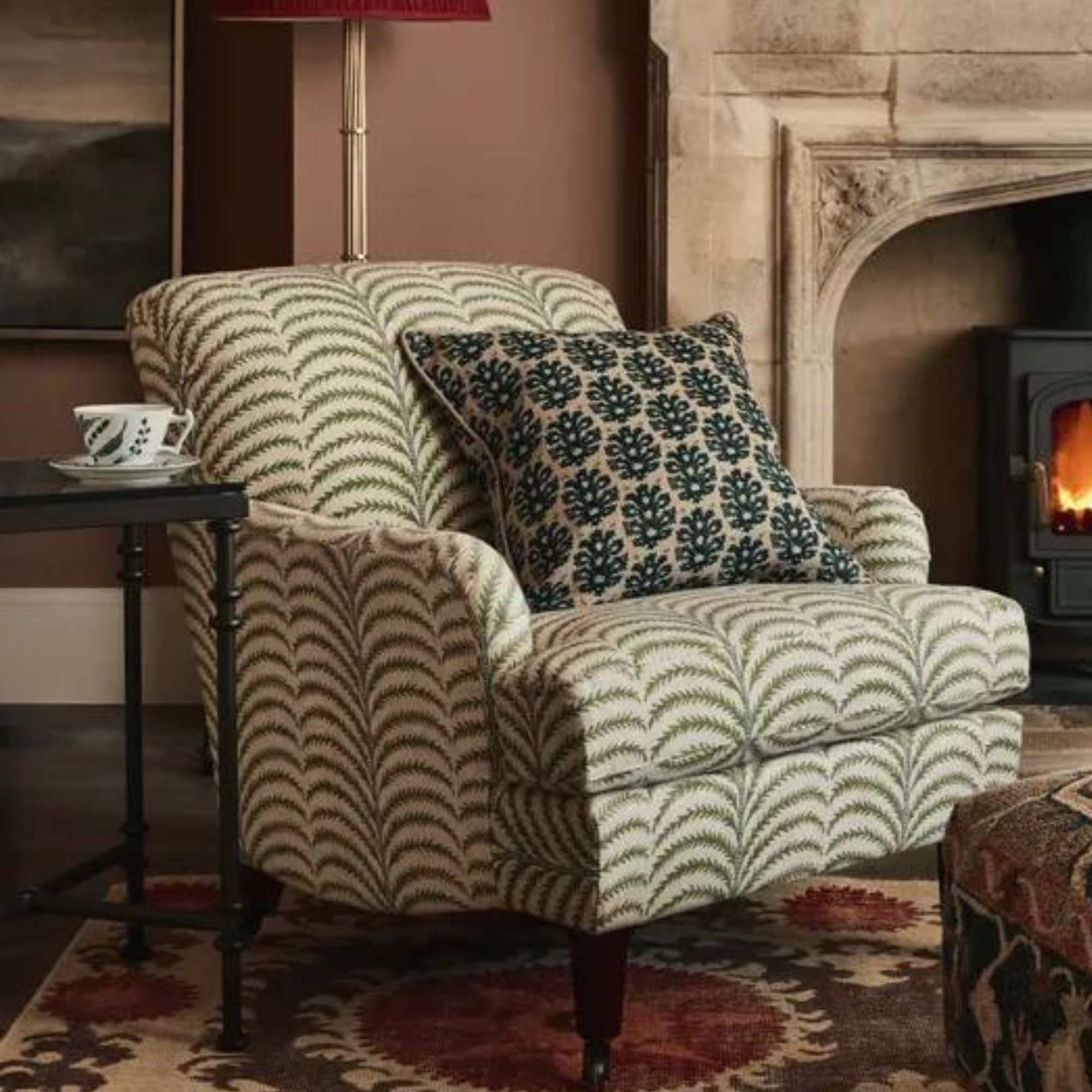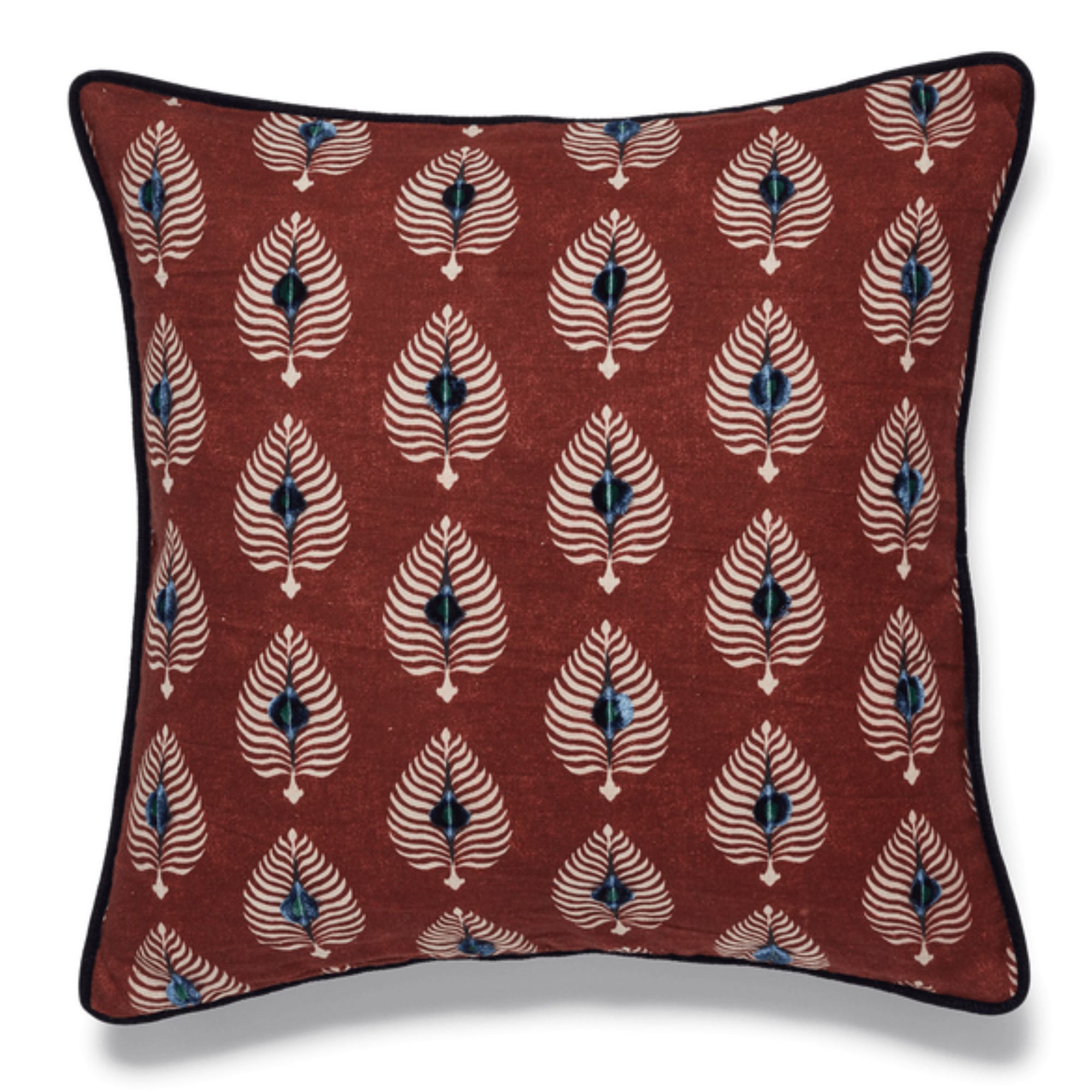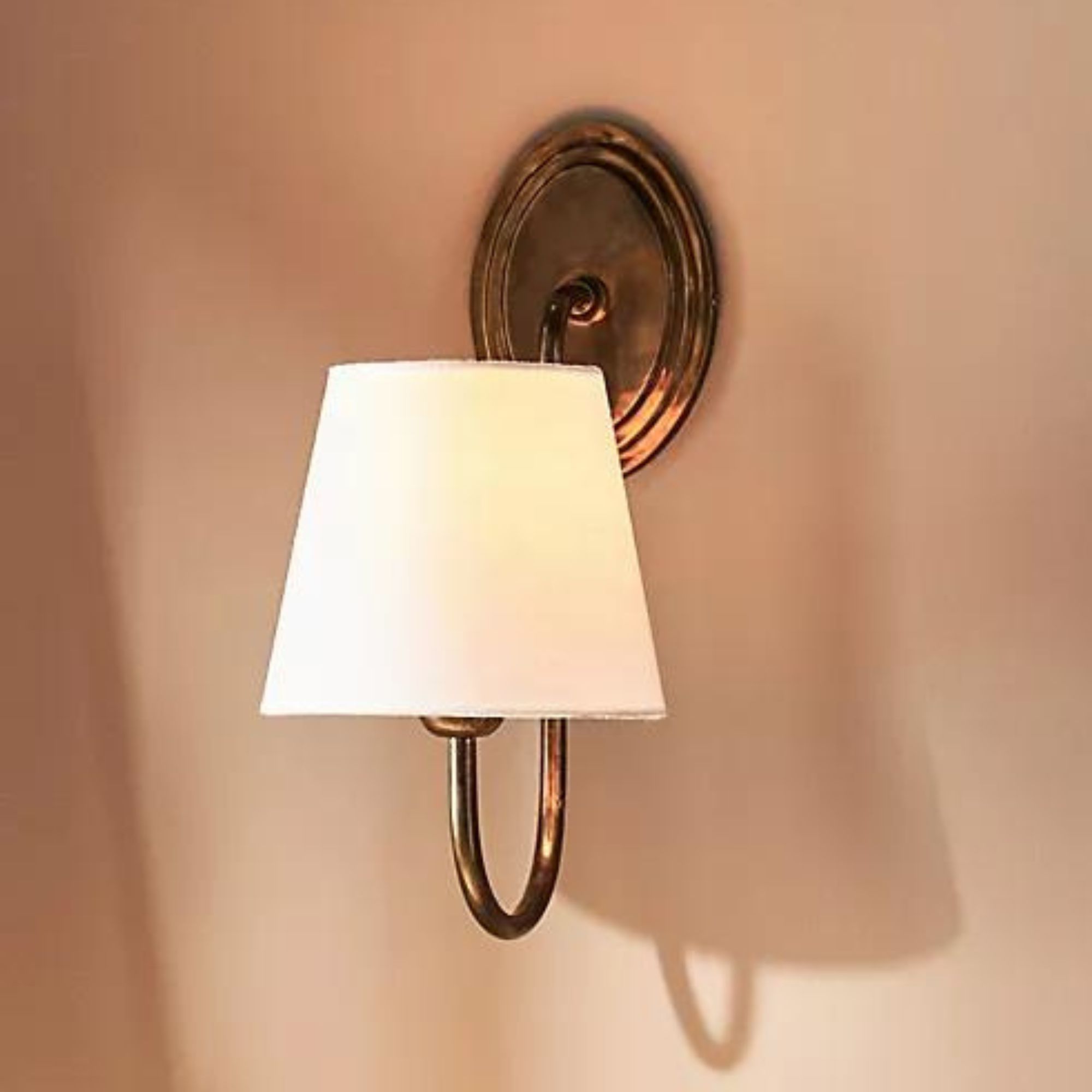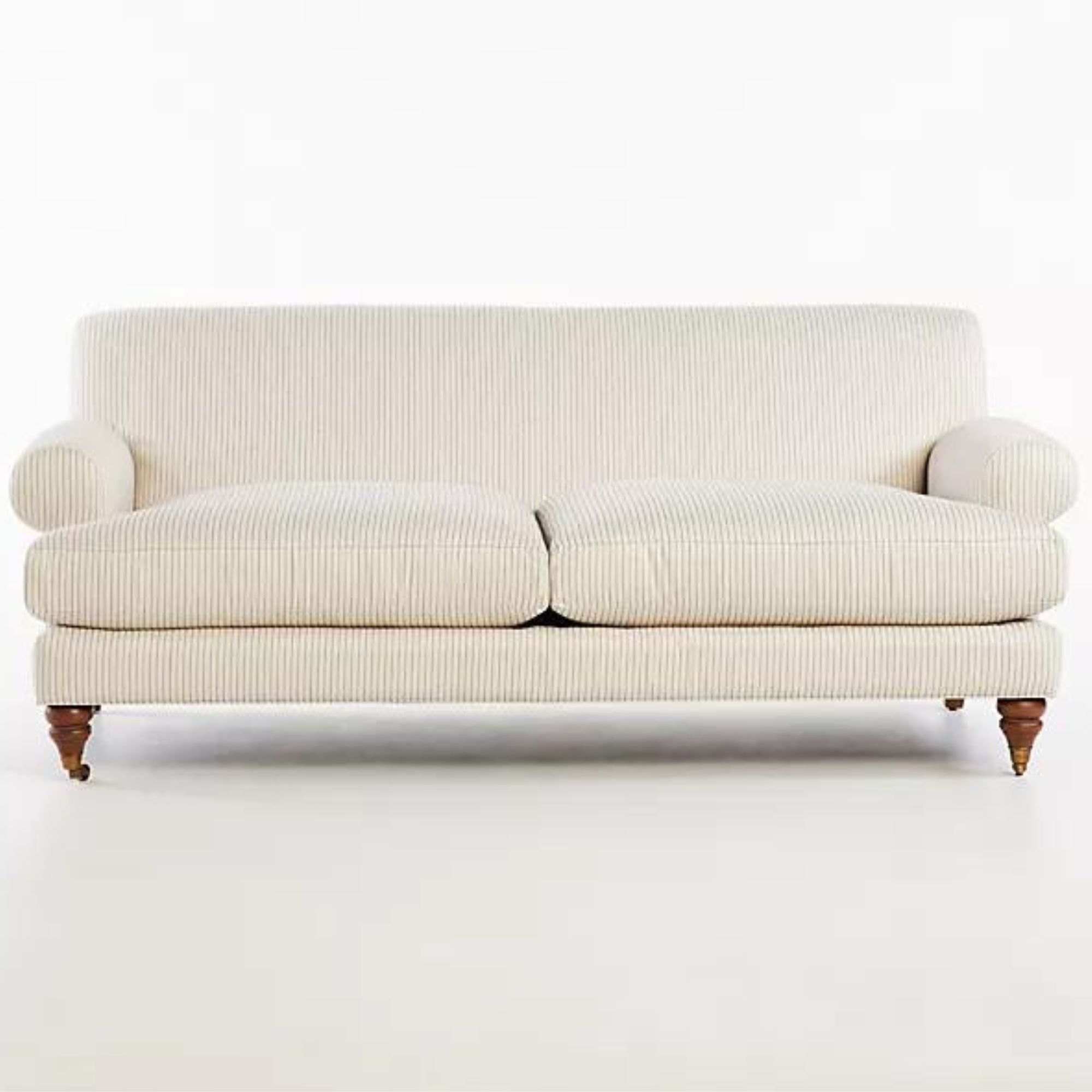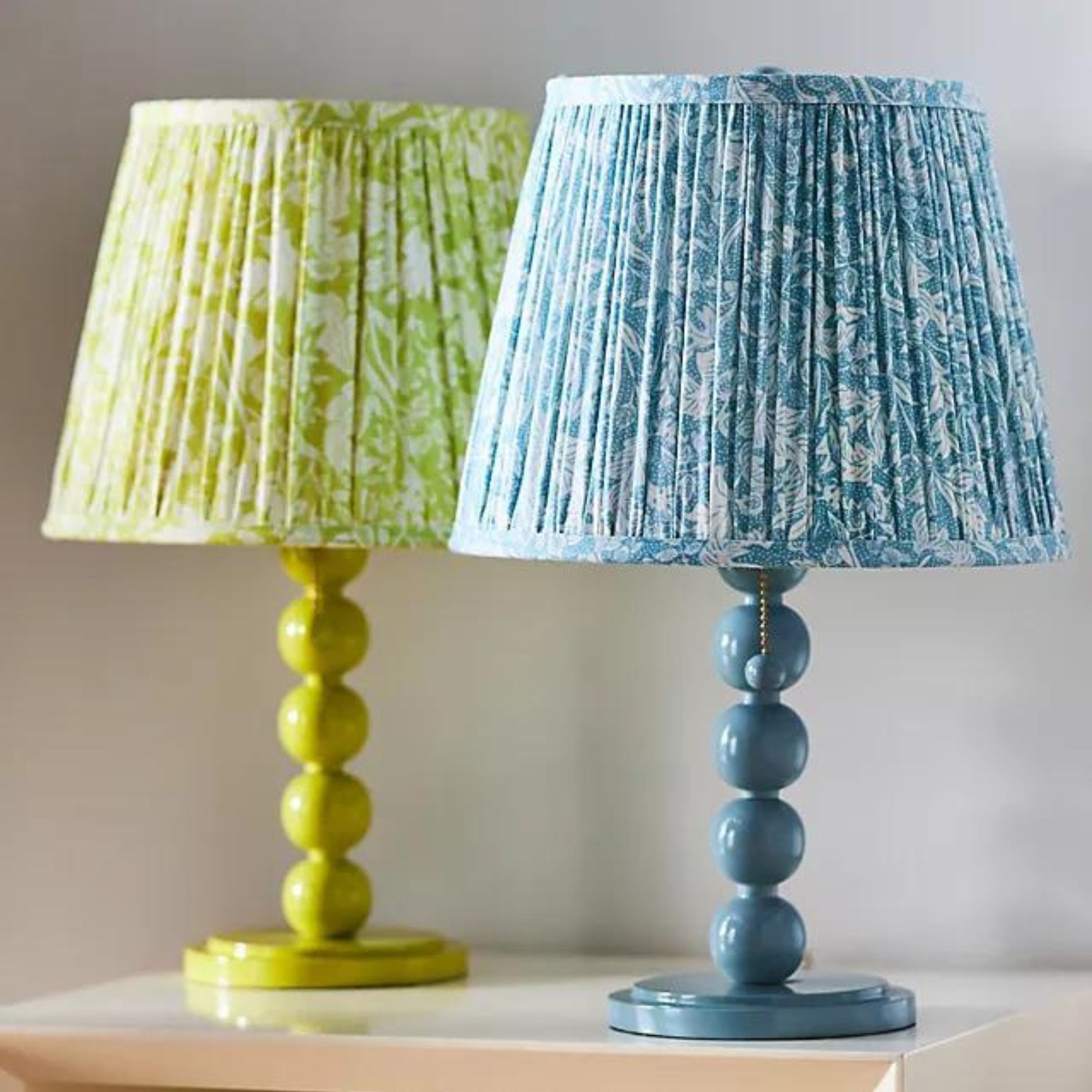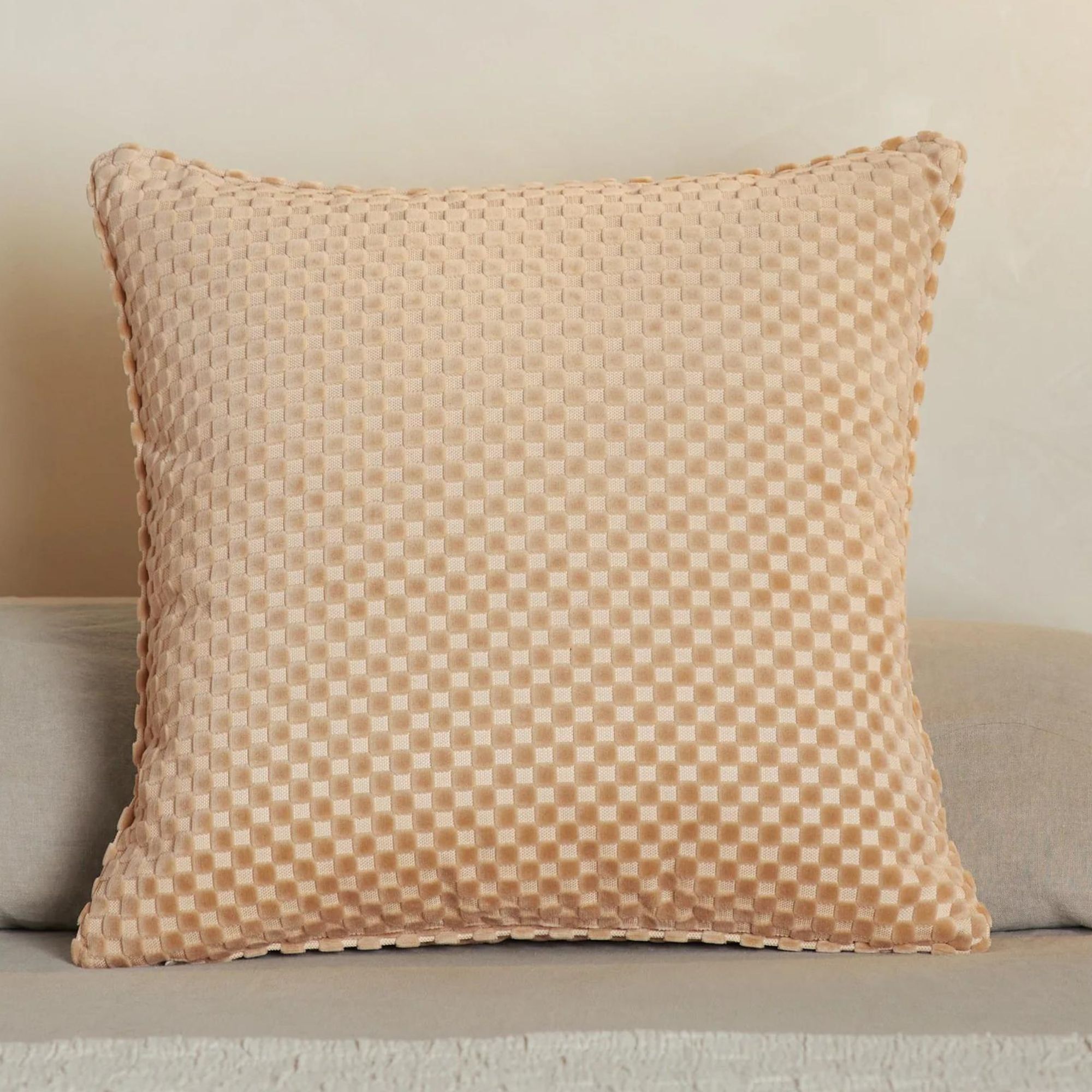What is English country decor? And how to introduce this eclectic style to interiors
Find out everything you need to know about this charming decor style
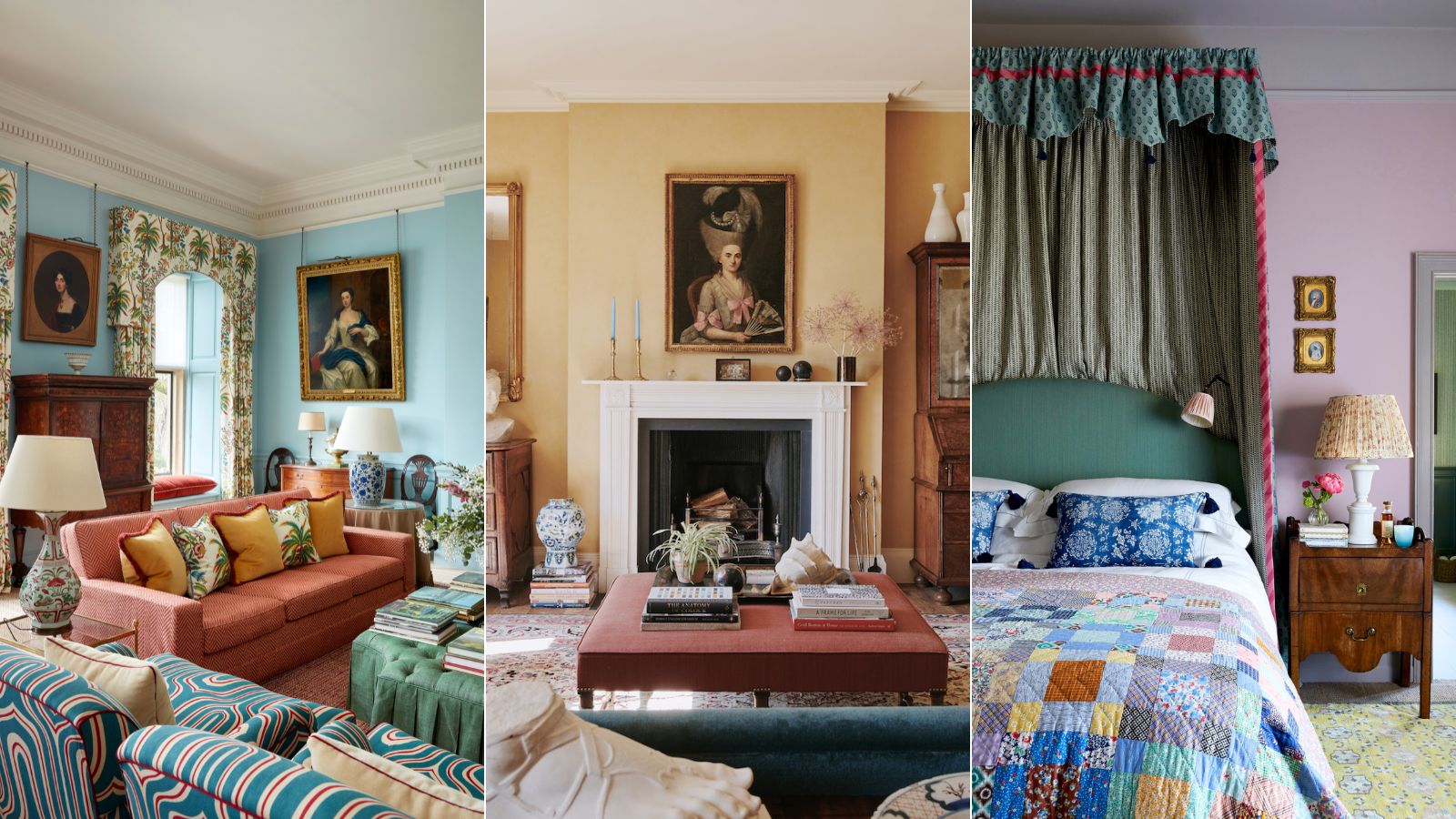

It's fair to say there are a lot of interior design styles nowadays. Some have a rich history and have endured for centuries, others are more modern and have developed from recent trends. All have their place, but when it comes to timeless style, some feel better suited.
One such style is English country decor. With centuries of history, this style has proved it endures and transcends trends. 'Classic English country style is so enduringly appealing as it is reassuringly familiar,' says interior designer Nicola Harding. 'It evokes a feeling of comfort and ease, with a smile. English style has a knack of balancing the sensible with the joyful, to create something eminently liveable,' she adds.
So, what exactly is English country decor, and how can you create a cohesive scheme with this style? We've turned to leading interior designers to have their say on this enduring aesthetic and ask them how they inject English country charm into interiors.
What is English country decor?
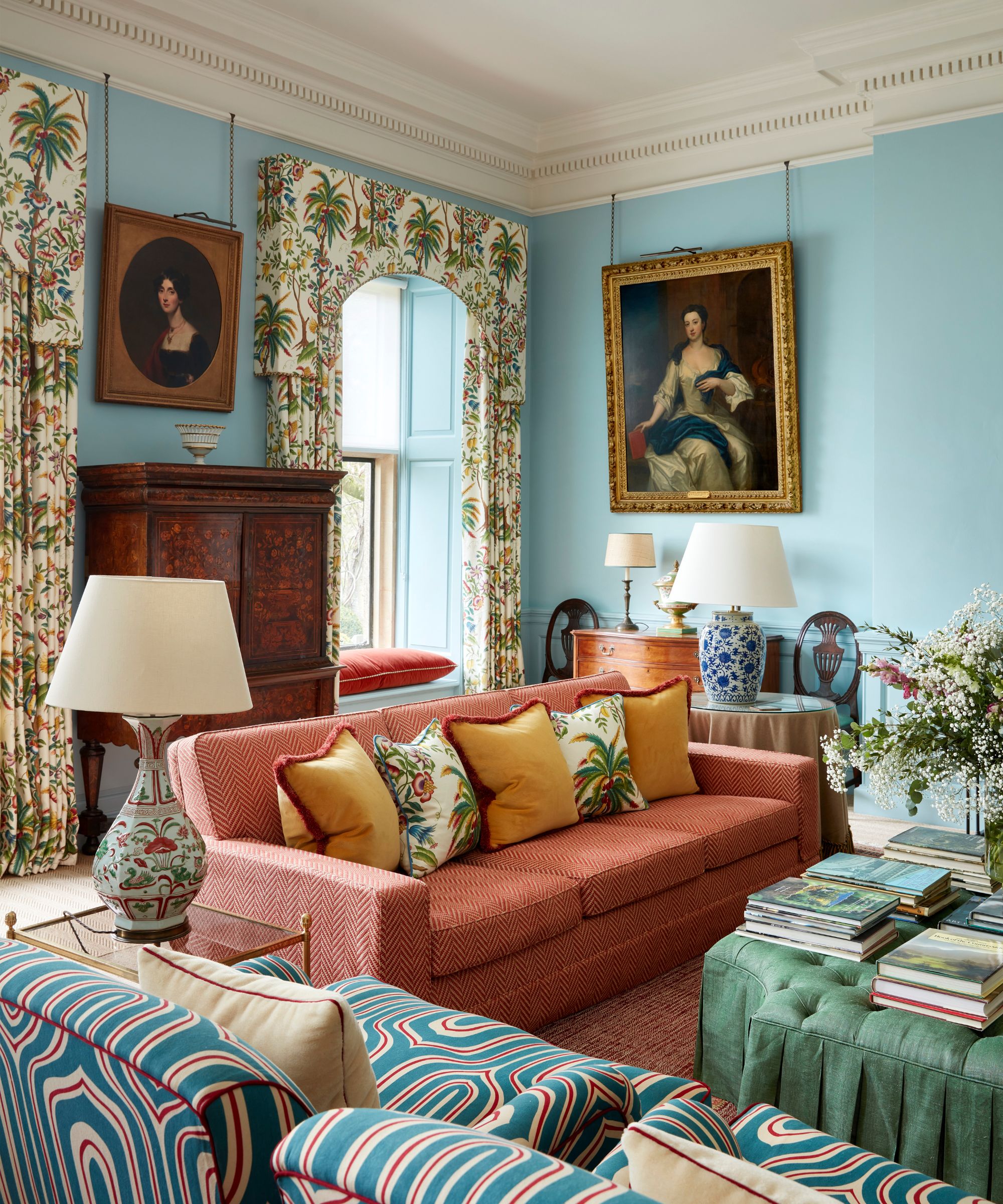
English country decor is the epitome of timeless interiors. Full of heritage colors, pretty patterns and eclectic collections, English country interiors embrace eclecticism and lived-in style in abundance. Think of the old country house interiors from period dramas like Downton Abbey or Bridgerton – English country decor is a collective of design elements from different eras and styles.
'English country house style is about layering texture, pattern, color, and above all comfort,' says interior designer, furniture maker, and antique dealer Max Rollitt. 'It is also about decorating with antiques. Softening the interior architecture and adding a little wit. Interiors are far more interesting when there’s a mix of things,' he adds.
When it comes to honing in on English country decor, it's all about the overall appeal of a scheme. 'For me, it’s about comfort, eclecticism, and a harmonious mix of the old and new, creating spaces that are inviting, warm, and rich in character. This approach makes the style both timeless and adaptable,' explains interior designer Lauren Gilberthorpe.
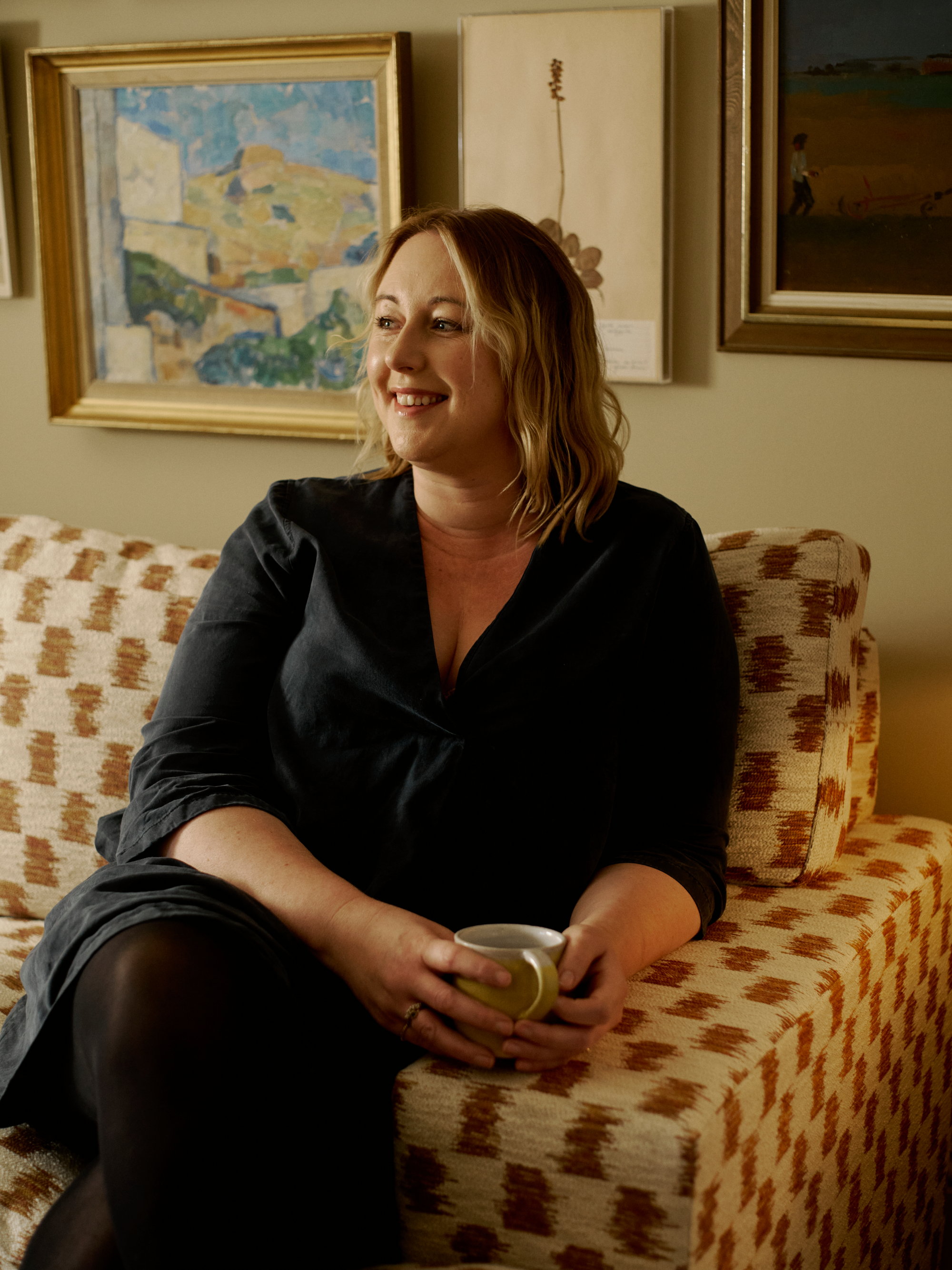
Lauren is the founder of LGI, a Cotswolds-based design studio renowned for its commitment to creating sensory-rich, multi-layered interiors. Her design philosophy emphasises the fusion of materiality, colour, and an intuitive mix of contemporary and vintage, alongside architectural and organic elements. Lauren's approach is deeply rooted in respecting each space's history, location, and architecture, allowing her to push boundaries and challenge conventional design norms innovatively. Situated in the heart of the Cotswolds, LGI stands as a testament to Lauren's unique vision for blending tradition with daring contemporary design.
What are the key design elements of English country decor?
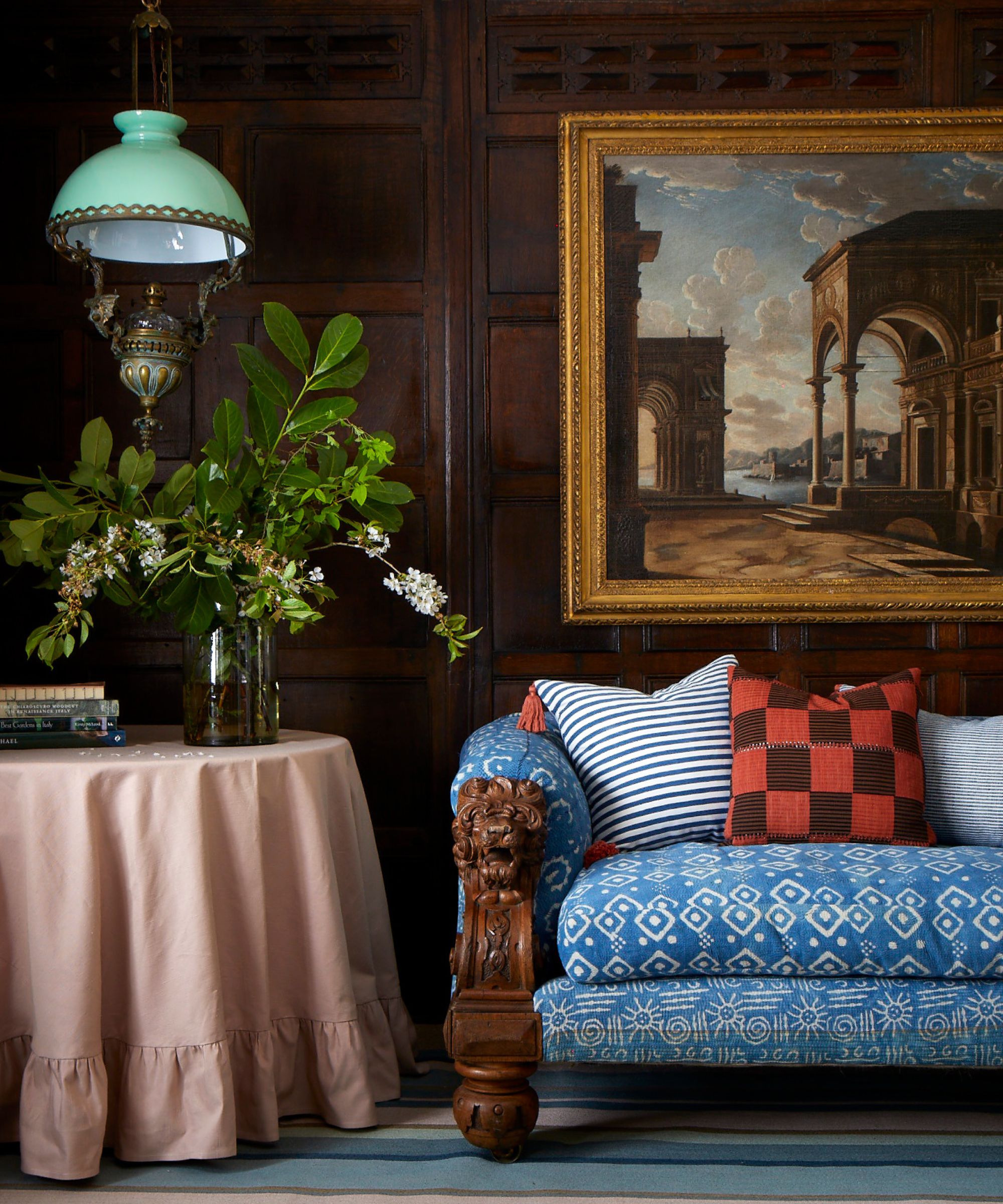
Interiors decorated with English country decor mix old and new, rejoice in pattern and color, and certainly don't feature rooms filled with matching furniture. 'English country décor is a mixture of old and new and a combination of patterns, from large floral to checks. There is a softness to English country which also exudes comfort,' says Liv Wallers, interior designer and co-founder of Yellow London.
Certain design elements are core to English country design – without them, you lose the charm and character that makes them unique. 'The key elements of English country decor tend to include a blend of traditional and modern influences, emphasizing comfort and a connection to nature, whether you’re in the countryside or the city,' explains Lauren Gilberthorpe.
'We always incorporate worn furniture, mixed patterns, and a collection of personal and meaningful items that reflect a journey through time. Think of antiques and contemporary pieces against a backdrop of natural materials like hardwood and stone, that reflect the layered history of an English country home,' she adds.
How to decorate with English country decor?
1. Introduce vintage and antique pieces
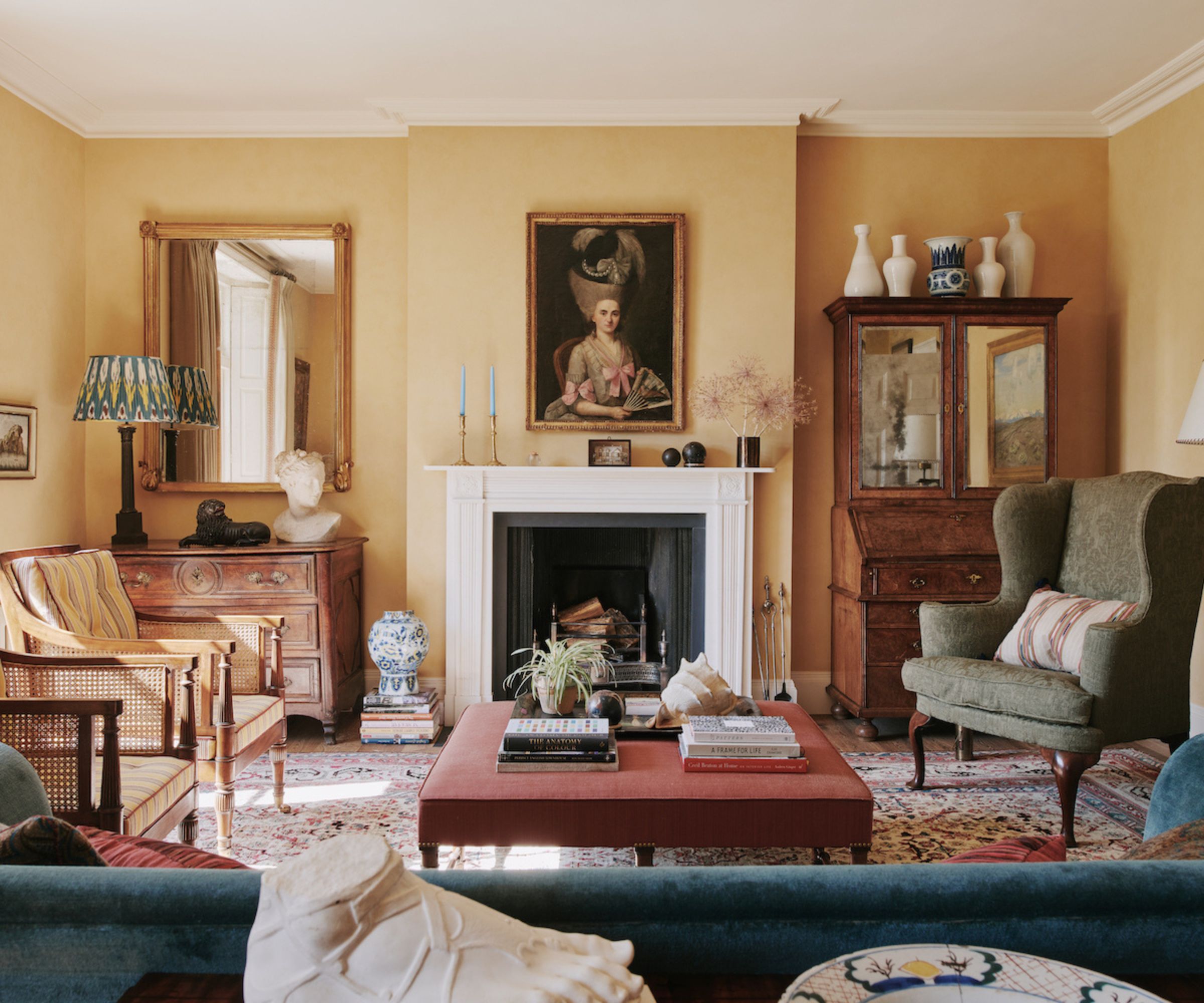
Decorating with antiques and vintage pieces is important to English country decor. They not only capture the blend of styles and eras, but they add interest and a sense of collected style. 'Mix antiques and vintage in a room to add character and seek out warm and interesting patination,' says Nicola Harding.
Layering different antique and vintage additions is a great way to achieve the look associated with the English country style. Liv Wallers recommends 'picking up some antiques, whether it be furniture or accessories, to help add layers to the interior, bringing a sense of development.' For example, a vintage woven rug topped with a 19th-century table and chairs adds charm and character to a room.
Antique furniture items are a great way to add a sense of history, and as most of them are larger in size, they can truly transform a room. 'Eclectic furniture from different ages is a key element, from an antique farmhouse kitchen table sitting in a room to a dark mahogany dining table,' adds Liv Wallers.
2. Decorate with color and pattern
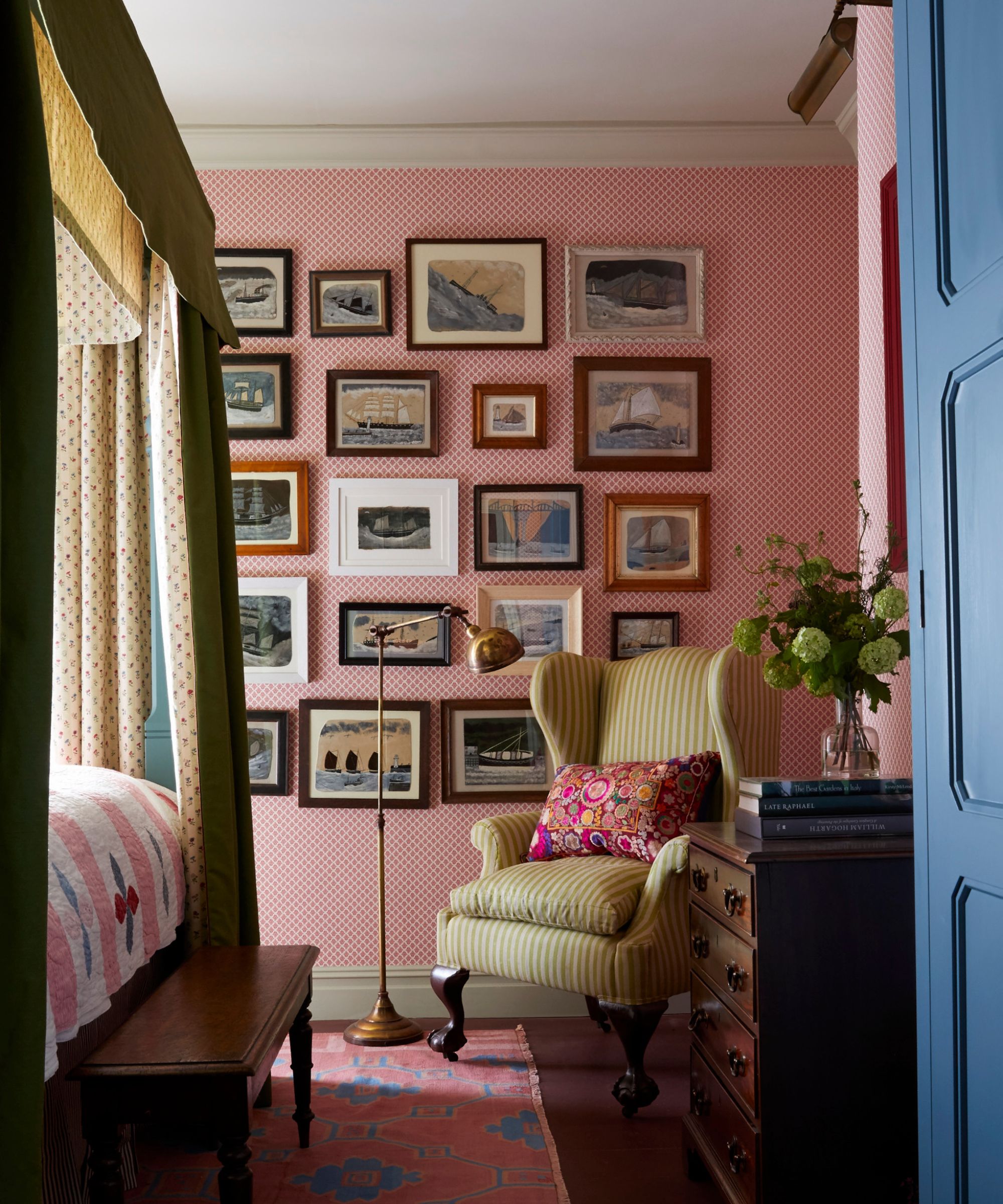
There's no room for white-washed minimal rooms in English country interiors. Rather, consider introducing bold heritage tones. 'Warm tones such as red and ochre and soft fabrics are often used to create a cozy atmosphere, paired with linen to keep the rustic feel,' says Liv Wallers.
There is, of course, space for calmer, more subtle tones to balance out those more vibrant hues. 'I recommend slightly muted tones, colors that feel like they could belong in nature,' says Nicola Harding. 'They feel grounded and easy to live with,' she adds.
Decorating with pattern is also essential to English country decor – from florals to checks to stripes, they add character and warmth to any room. Don't be afraid to mix and match different patterns a colors, too. Done right, it can really emphasize that idea of eclectic interiors.
3. Create a cozy atmosphere
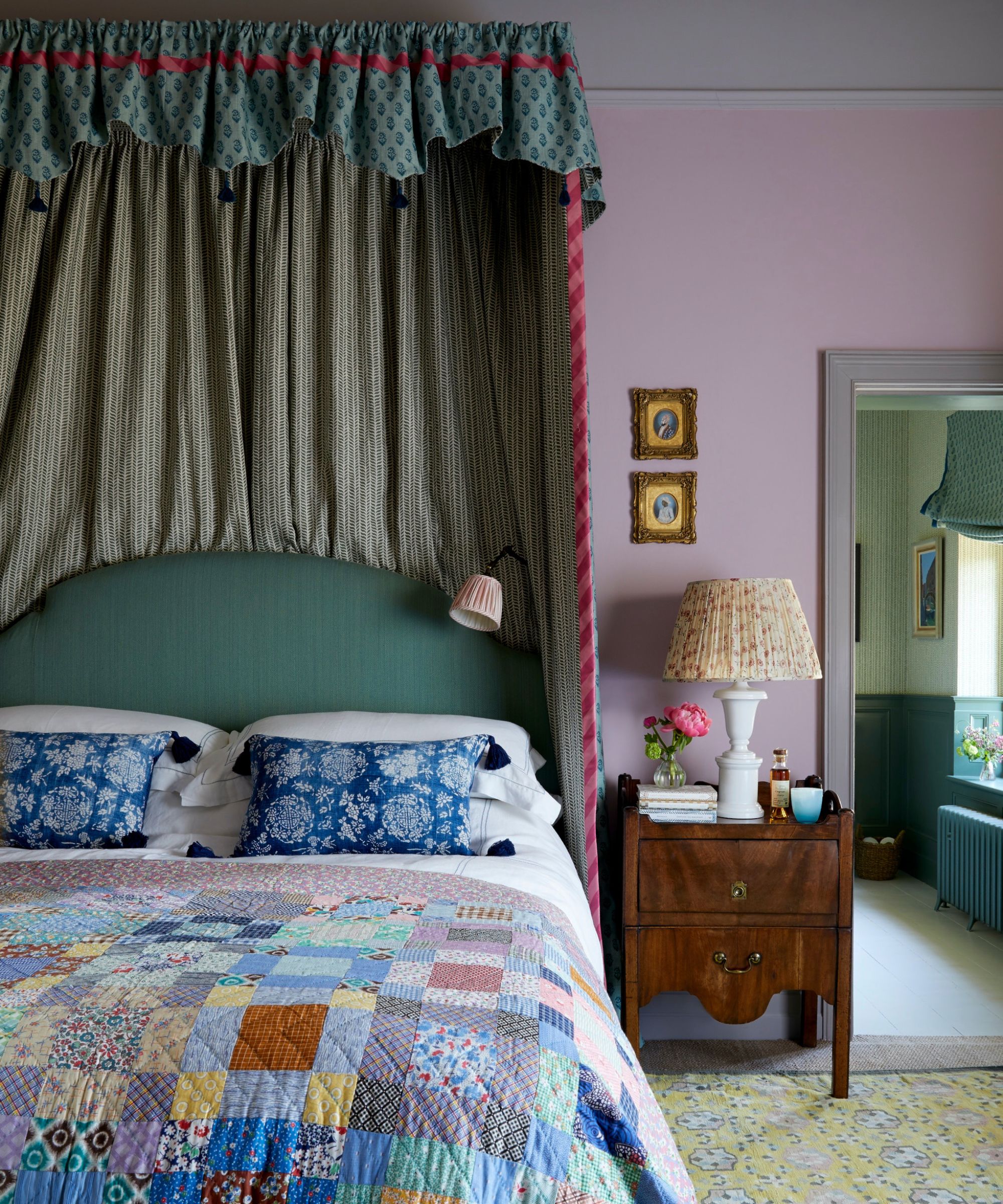
Comfort is always important in whatever interior design style you are working with. English country decor is no exception, so consider the larger furniture items and the soft furnishings you introduce. 'A key piece of this look is a very comfortable armchair,' says Nicola Harding. A cozy armchair upholstered in a classic stripe fabric and topped with a throw pillow is perfect for a seamless blend of country style and comfort.
The decorative details come into play here, too. Rugs, ottomans, window treatments are integral to pulling a scheme together and adding a sense of comfort. When it comes to curtains, Nicola Harding recommends you 'make them as big as possible – start high, always go to the floor and have them stack as wide as possible, so that you keep as much light in the room as possible when the curtains are open. And think about a jolly lining.'
Lighting helps to create a warm, cozy ambiance, so introduce plenty of additional light source. Add floor and table lamps with carved wooden bases and colorful pleated lampshades. Sconces are also very typical of English country style, so opt for wall lights where you can.
4. Mix old and new for an eclectic scheme
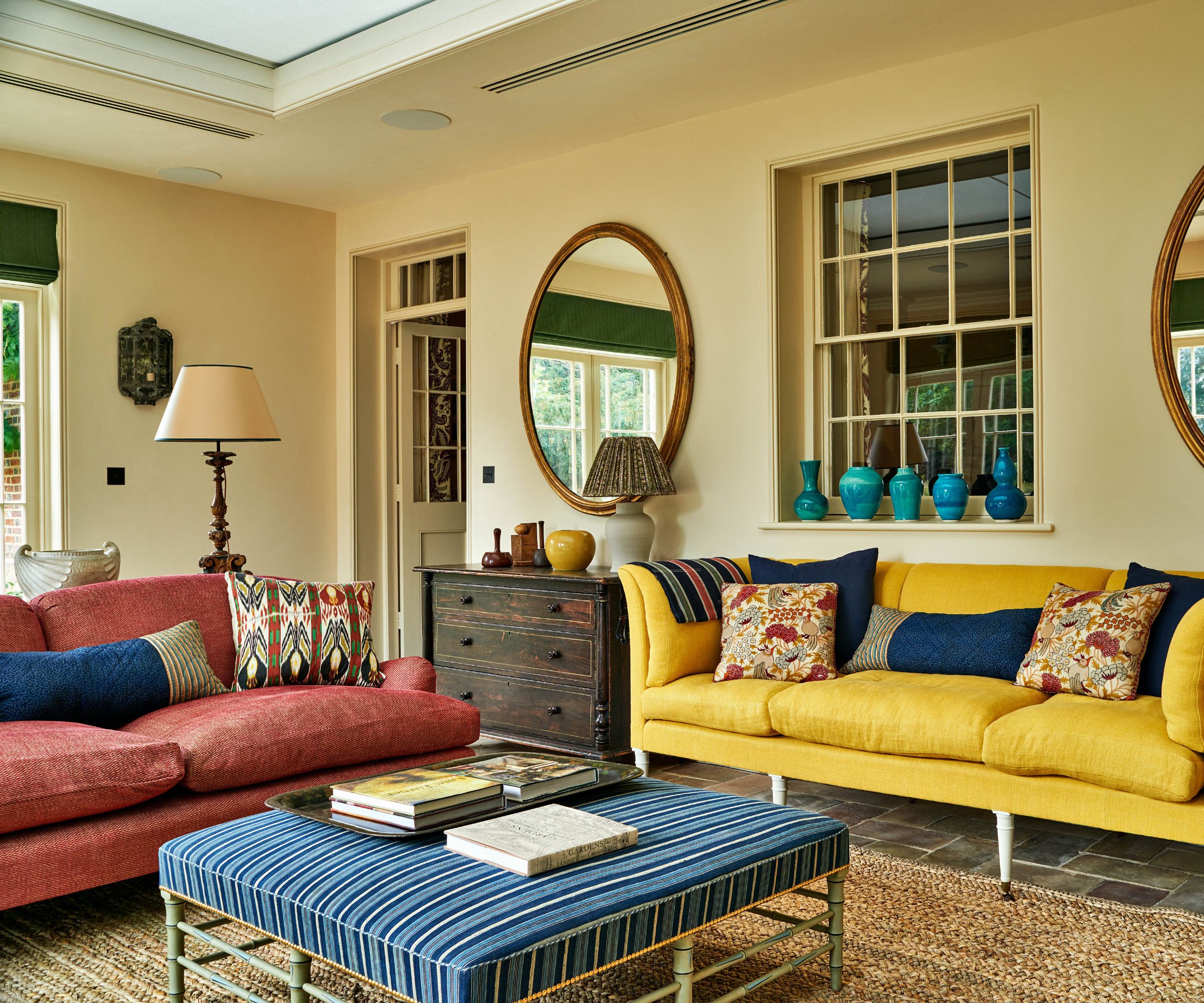
Vintage and antique additions are integral to a successful English country scheme, but without mixing in more contemporary items, your home can start to look dated. English country decor has always been about mixing furniture and decor pieces from different eras, and that includes new items today.
'Combine traditional and contemporary, using a large scale traditional fabric alongside a more contemporary stripe for example,' Liv Wallers advises. 'We are so lucky with the choice of materials on offer now, just introducing some reclaimed tiles can change the feel of a newly decorated room making it feel lived and like it has been there for years,' she adds.
This also leans into the idea of mixing contrasting items to create an eclectic feel. 'The style is about the art of mixing, not matching, and finding beauty in the eclectic and the imperfections. It encourages a home to evolve with you, so incorporate new finds and memories alongside treasured antiques,' says Lauren Gilberthorpe.
5. Focus of decor that makes a space feel personal and lived-in
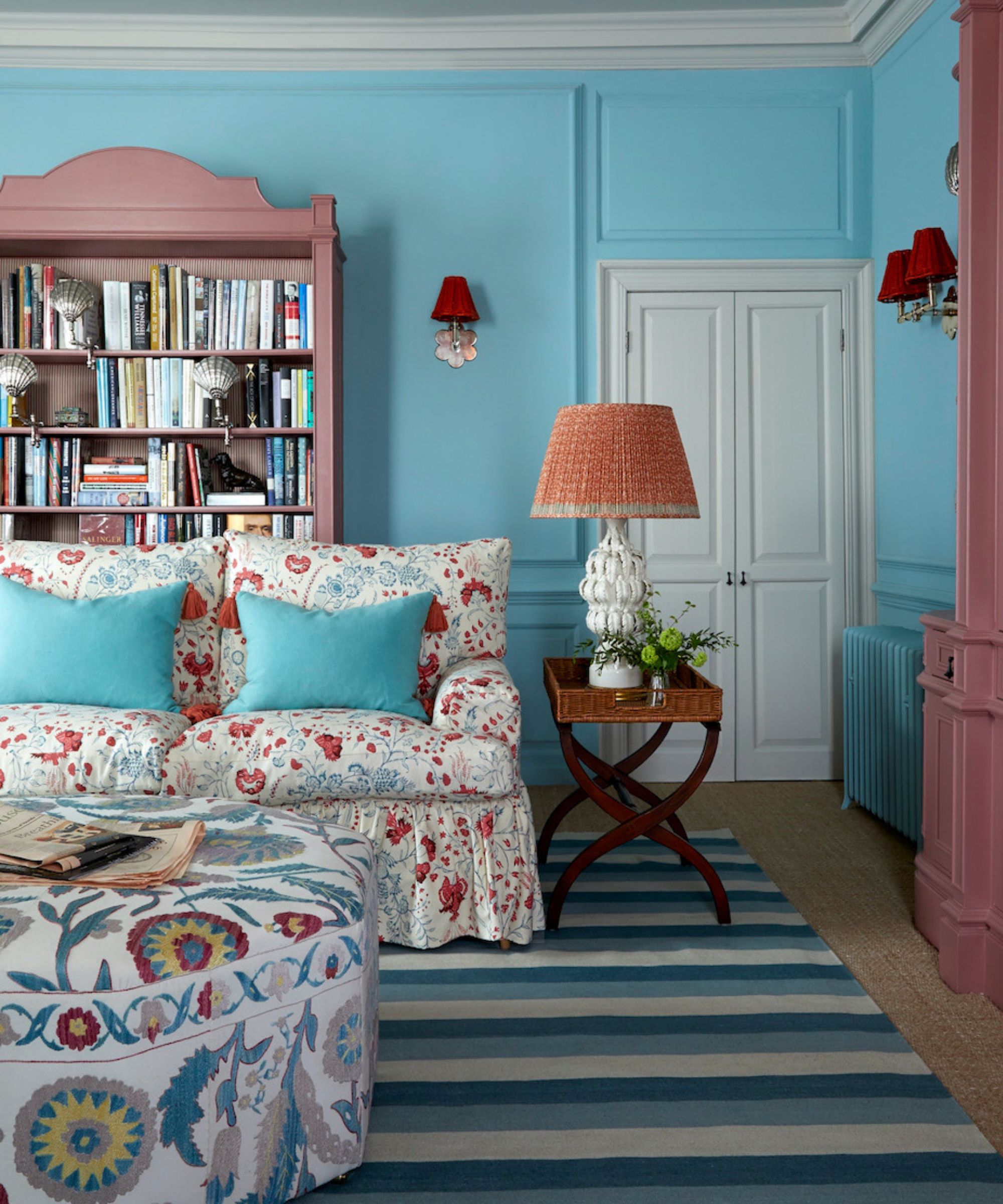
English country decor champions the ethos that homes should feel like you, lived in rather than overly designed and perfected. This means including furniture that is perhaps slightly worn and clearly loved, antiques with beautiful patina, and decorative items that have clearly been passed down through generations. 'A key to nailing the style is embracing its inherent non-formulaic nature and the idea that comfort and personal expression are the most important elements,' says Lauren Gilberthorpe.
'I always say to focus on creating a space that feels both personal and inviting. Incorporate antique textiles, print-covered sofas, and rustic furniture to add depth and warmth. Mixing prints, adding color, and opting for antique pieces that will inject character and charm. Personal touches like meaningful photographs, cherished artwork, flowers, and objects old and new can make a space feel authentically lived-in and uniquely yours,' she adds.
This also applies to display pieces –the idea of 'bookshelf wealth' really come into play here. Bookshelves shouldn't be overly curated and styled, rather a space to enjoy your favorite books (cracked spines and all!) and display artworks, photographs, and collected items that bring you joy. 'Books bring comfort,' says Nicola Harding. 'You never feel lonely in a room full of books and they lend a sense of history,' she adds.
Shop English country decor
English country decor embraces lived-in, eclectic interiors that celebrate history and character. Schemes adopting this style should feel collected and personal rather than polished and perfected.
'Remember, timelessness in English country decor comes from authenticity and a genuine reflection of your home’s life, interests, and the natural evolution of your personal style,' says Lauren Gilberthorpe.
So, display your favorite collections, fill your bookshelves to the brim, and let your furniture show its age and wear – these are all signs your pieces are much-loved and used, and above all, they add character and personality to your space.
Sign up to the Homes & Gardens newsletter
Design expertise in your inbox – from inspiring decorating ideas and beautiful celebrity homes to practical gardening advice and shopping round-ups.

I’ve worked in the interiors magazine industry for the past five years and joined Homes & Gardens at the beginning of 2024 as the Kitchens & Bathrooms editor. While I love every part of interior design, kitchens and bathrooms are some of the most exciting to design, conceptualize, and write about. There are so many trends, materials, colors, and playful decor elements to explore and experiment with.
-
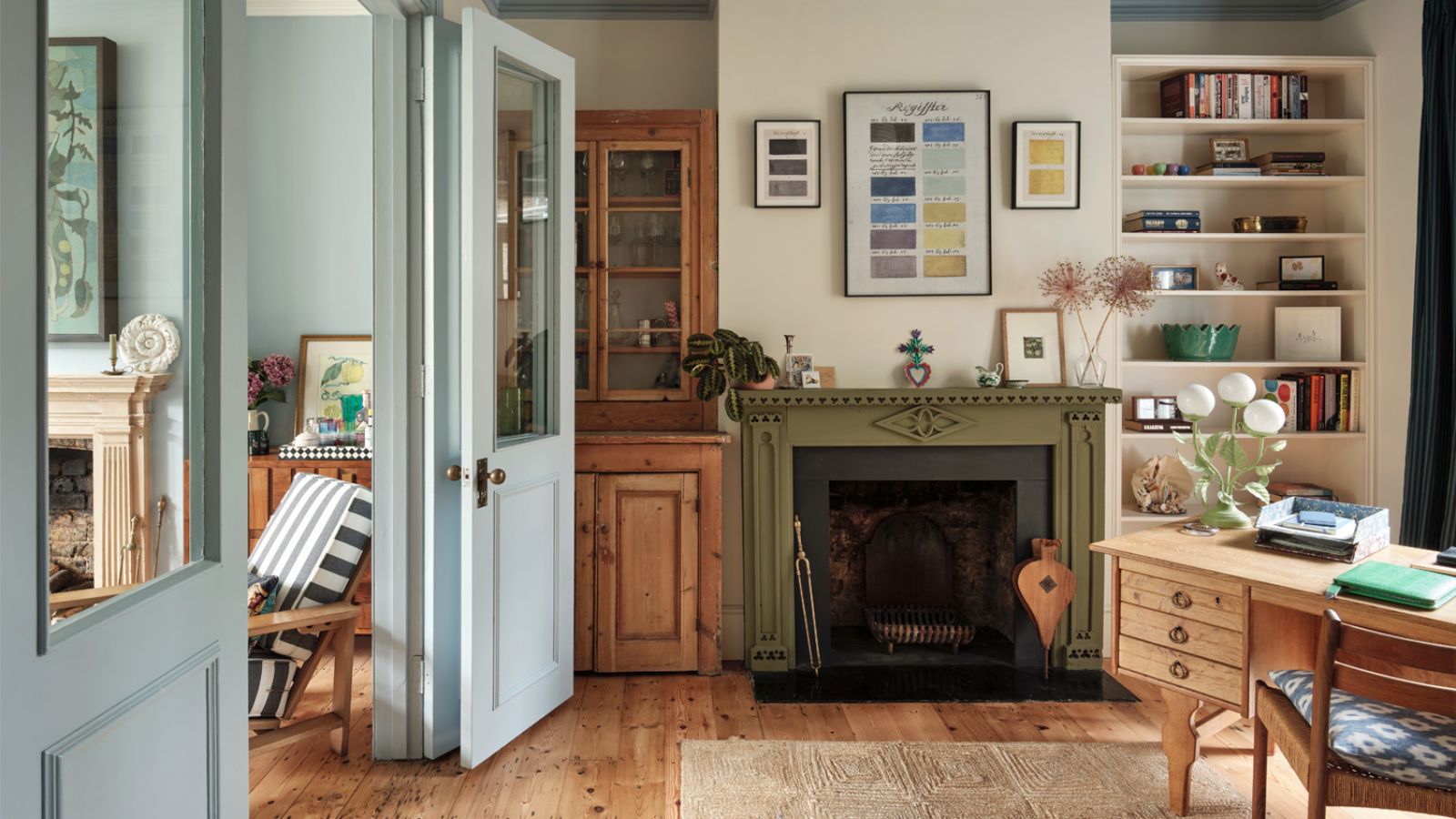 5 surprising but brilliant ways to clean with old socks – from perfectly buffing stainless steel to deterring pests naturally and more
5 surprising but brilliant ways to clean with old socks – from perfectly buffing stainless steel to deterring pests naturally and moreTackle dust in tricky corners, clean your mirrors and even banish bad odors with those rogue single socks
By Andy van Terheyden Published
-
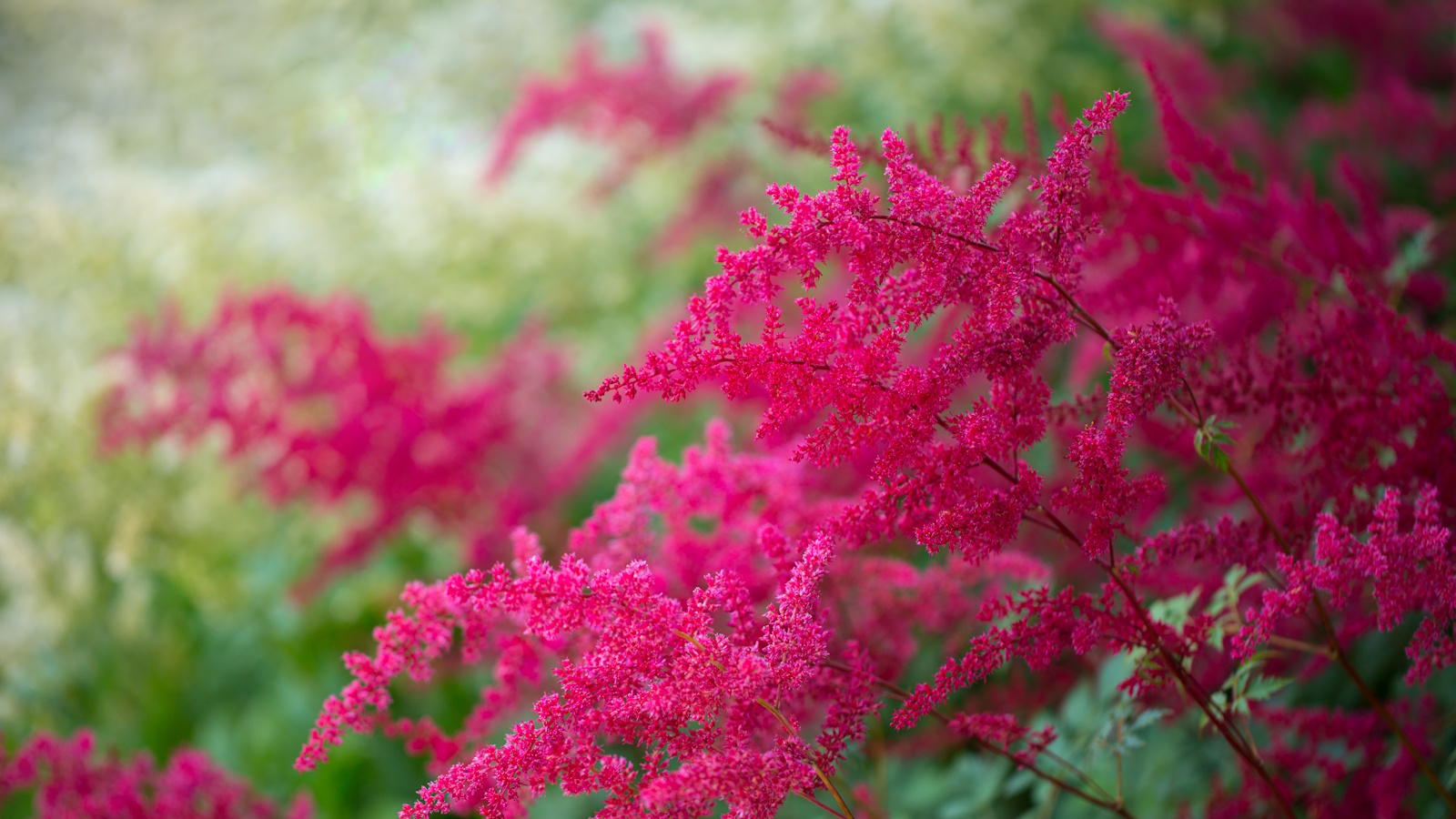 How to grow astilbe – expert advice on cultivating this shade-tolerant flowering perennial
How to grow astilbe – expert advice on cultivating this shade-tolerant flowering perennialShade-tolerant and pest-resistant - astilbe are hardy and tough perennials that can thrive in many settings
By Ellen Wells Published
